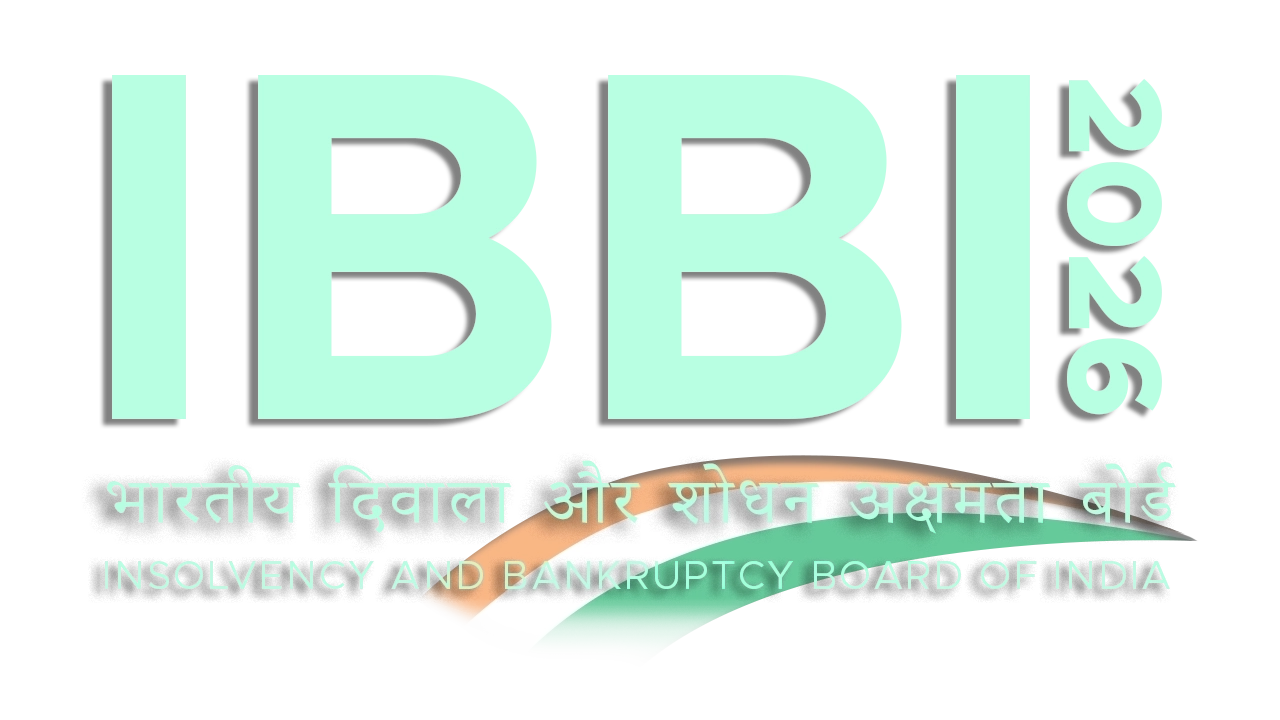Introduction
The Delhi High Court recently addressed the regularisation of contractual teachers employed by Municipal Corporations in the case of Deen Bandhu Garg and Ors. v. South Delhi Municipal Corporation and Ors1. This pivotal judgment delves into the complex interplay of long-term contractual service and the evolving interpretation of Supreme Court precedents on regularisation.
At the heart of the matter lay the demand for regularisation by teachers appointed contractually by Municipal Corporations between 2003 and 2008. These appointments, made through due process against sanctioned posts, led to years of continuous service. Their regularisation was challenged by the MCD2, primarily citing the Supreme Court’s judgment in State of Karnataka v Uma Devi3, which cautioned against regularisation to prevent backdoor entries into public service. However, the Applicants countered with the later Jaggo v UOI4 judgment, which re-interpreted Uma Devi. The core rationale for the Applicants claim was that their sustained, indispensable service warranted regularisation, moving beyond strict contractual labels, while the MCD’s resistance stemmed from upholding constitutional recruitment schemes.
The court’s decision was deeply rooted in constitutional principles. Articles 14 and 16, guaranteeing equal opportunity and non-discrimination in public service, were central. While Uma Devi emphasized their role in ensuring merit-based recruitment, the Applicants argued that prolonged contractual employment, denying equal benefits, violated these very same principles. The High Court sought to reconcile the imperative of fair recruitment with the lived reality of long-serving employees. Furthermore, Articles 226 and 32, empowering the High Courts and Supreme Court respectively, underscored the judiciary’s role in intervening where state instrumentalities perpetuate unfair employment practices. Lastly, Article 309, which underpins the framework for public service recruitment and conditions, ensured that appointments ideally conform to established rules. The judgment meticulously applied these provisions to assess whether the contractual teachers’ situation warranted a departure from a rigid interpretation of anti-regularization precedents, particularly when their initial appointments were not “illegal” but merely “irregular” in terms of permanency.
Key Case Laws Shaping the Outcome
The High Court’s decision critically analyzed several Supreme Court judgments, interweaving their principles to forge a coherent legal path. It began with the foundational Constitution Bench judgment, State of Karnataka v Uma Devi, which broadly held that continuous ad hoc or contractual employment does not automatically confer a right to regularisation, primarily to prevent backdoor entries and uphold merit. However, a pivotal re-interpretation emerged from Jaggo v UOI, a two-judge bench decision clarifying that Uma Devi was directed at illegal appointments, not those made through a proper process but kept contractual indefinitely. Jaggo notably stressed looking beyond the “nomenclature” of appointment to the “nature of service rendered,” particularly for integral, long-term contributions. This interpretation was further reinforced by Shripal v Nagar Nigam5, which supported regularisation for employees with long, continuous service following a due selection process. The HC also considered other relevant precedents like Nihal Singh v State of Punjab6 was cited to affirm that the funding source of contractual employees does not negate the employer-employee relationship with the primary employer if the initial appointment followed due procedure. The judgments carefully navigated the doctrine of judicial precedent, particularly when reconciling decisions from Supreme Court benches of differing strengths.
Conclusion
This judgment carries significant implications for government bodies across India, signaling a judicial push to re-evaluate prolonged contractual employment for permanent roles. It offers new hope for countless contractual workers seeking regularisation if their service is integral, continuous, and initially based on proper selection. While championing employee rights, implementation may pose financial and administrative challenges for public exchequers. Ultimately, this ruling encourages policymakers to develop clearer, more equitable public sector employment policies, reinforcing the state’s role as a model employer balancing efficiency with justice.
Citations
- Deen Bandhu Garg and Ors. v. South Delhi Municipal Corporation and Ors (2025 SCC OnLine Del 2417)
- Municipal Corporation of Delhi
- State of Karnataka v Uma Devi (2006 (4) SCC 1)
- Jaggo v UOI (2024 INSC 1034)
- Shripal v Nagar Nigam (2025 INSC 144)
- Nihal Singh v State of Punjab (2013(14) SCC 65)
Expositor(s): Adv. Archana Shukla






